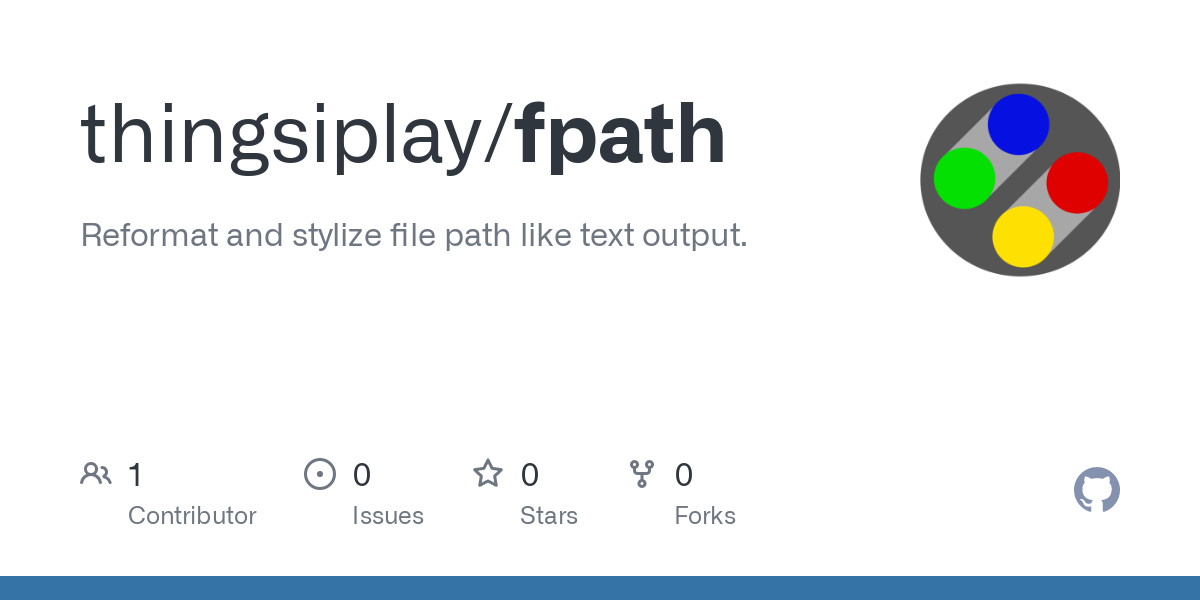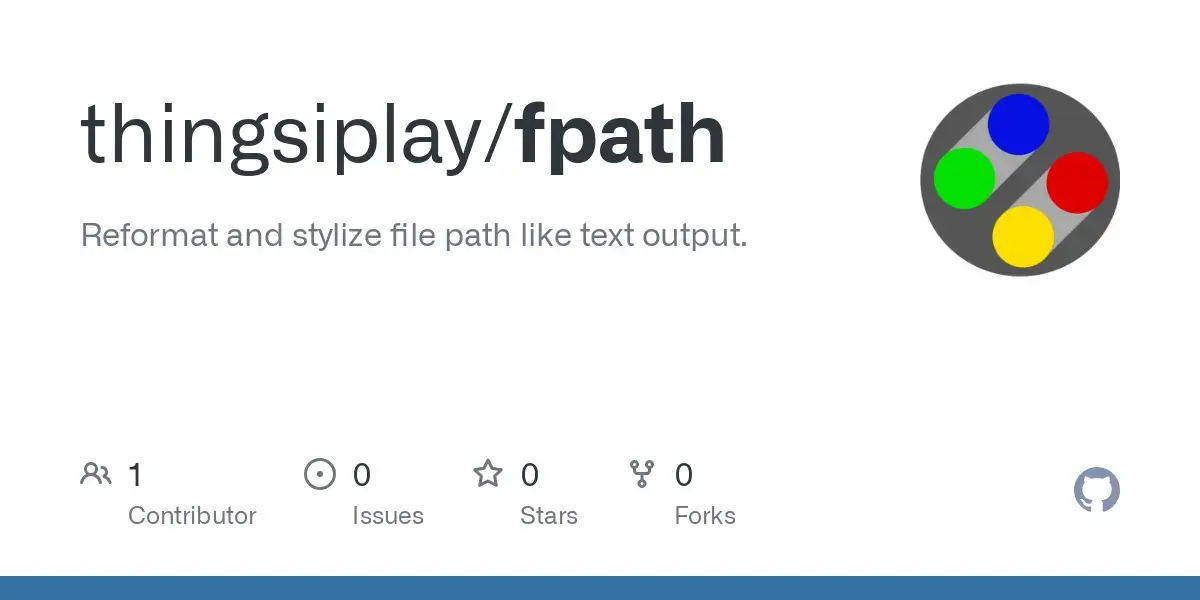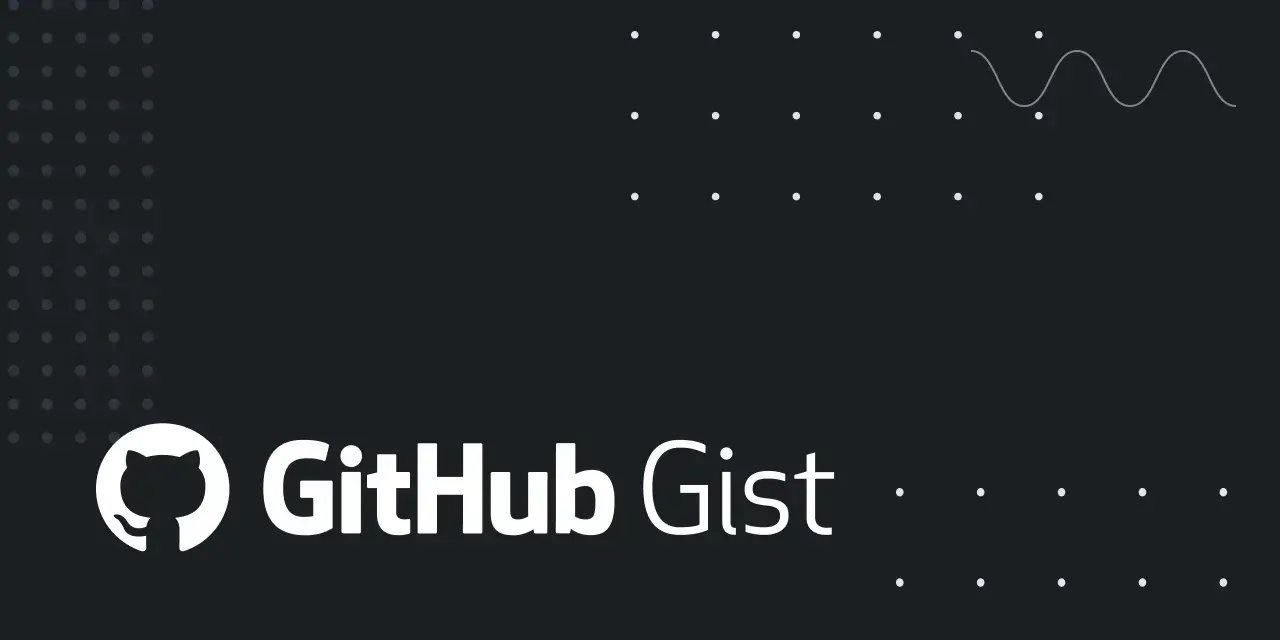

uMatrix prevents me from loading this statcounter website. :-( Can’t lookup how they measure things. In the comments people assume the stats would be counted by just looking up the user agent, which is a naive approach. I don’t think agencies dedicated to stats are doing it this simple. They have way more possibilities to track and to look what browser you are using. The stats are more accurate than you probably think. They do not need to know the exact version of browser you are using, just which type and maybe what operating system you are on.
If a script for Windows does not work on Linux and fails, then they know you are not on Windows in example.











Source is the Steam hardware survey set to show Linux data only. He forgot to mention the statement is only true for Steam Gamers, not for all of Linux desktops outside of Steam.
~ https://store.steampowered.com/hwsurvey/?platform=linux